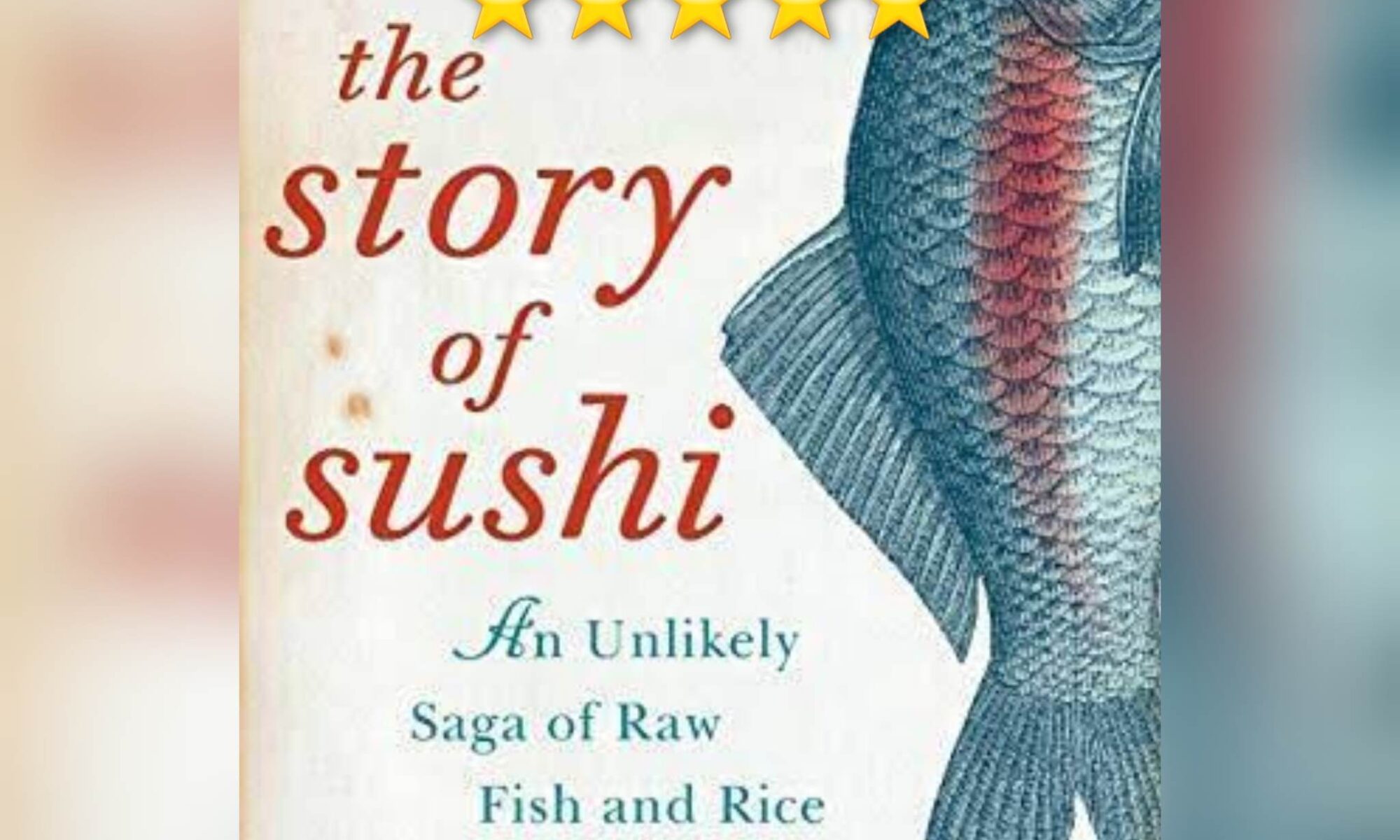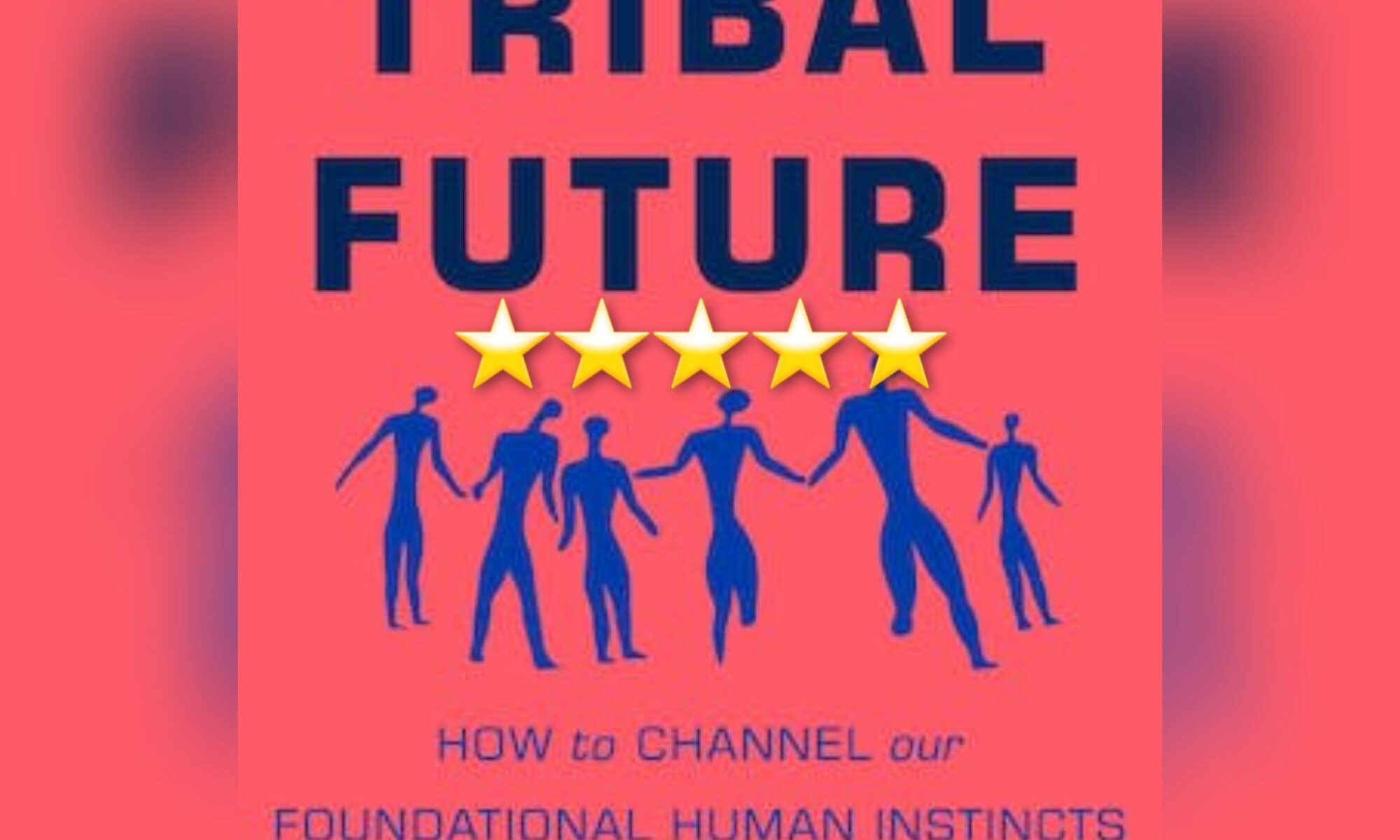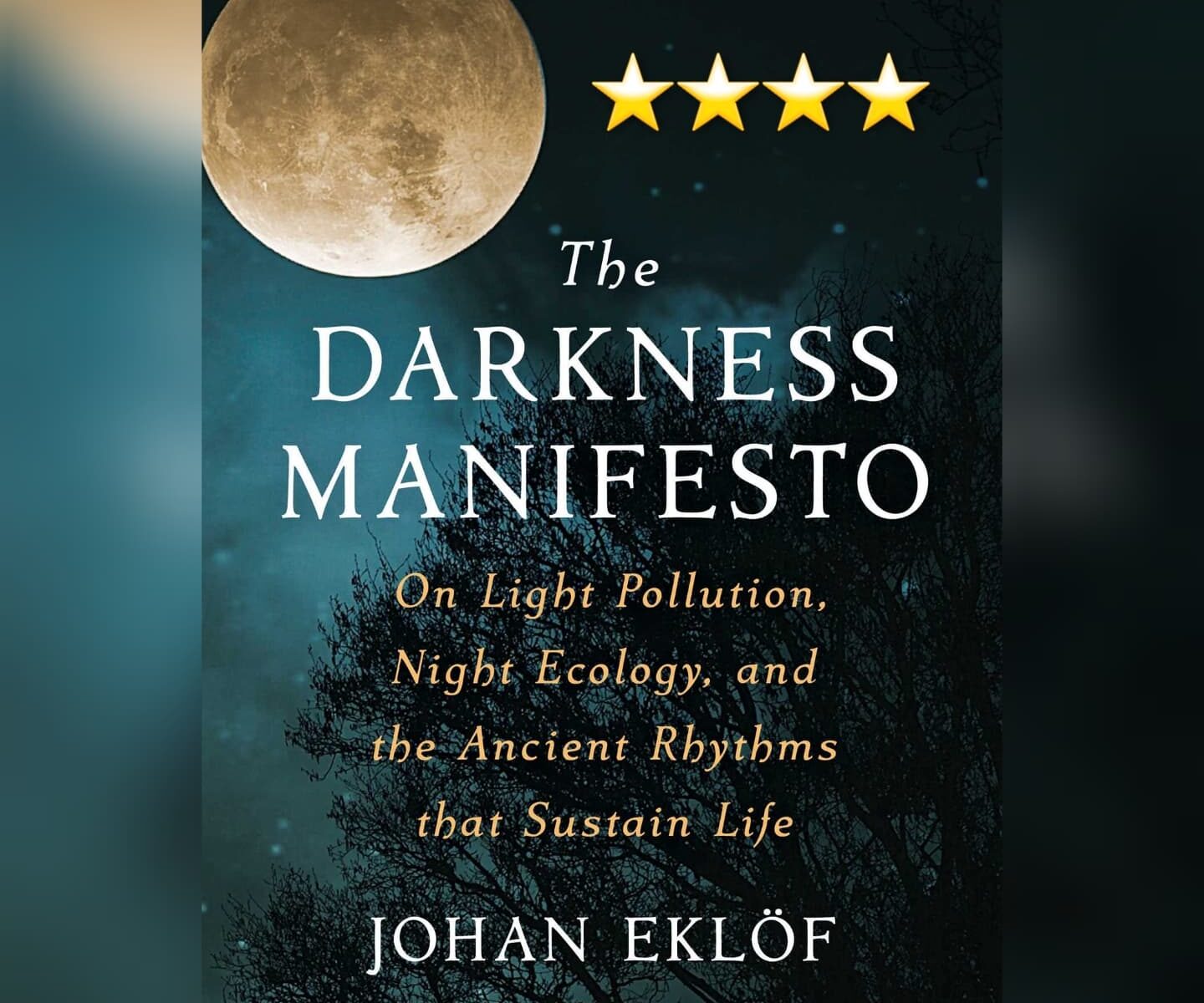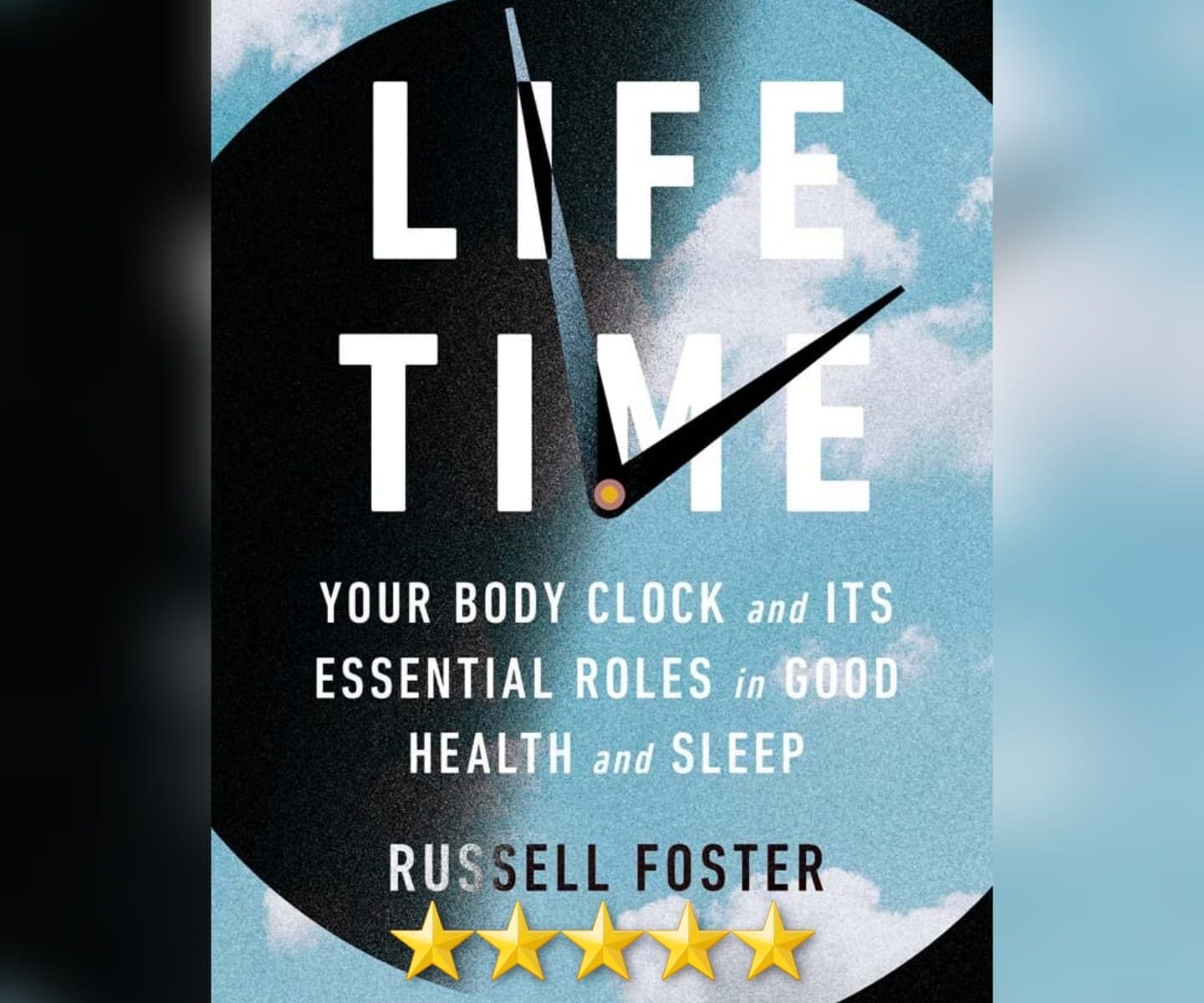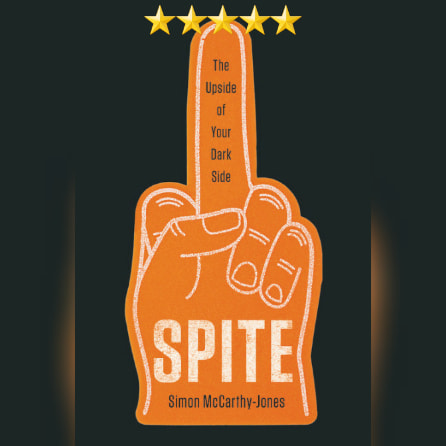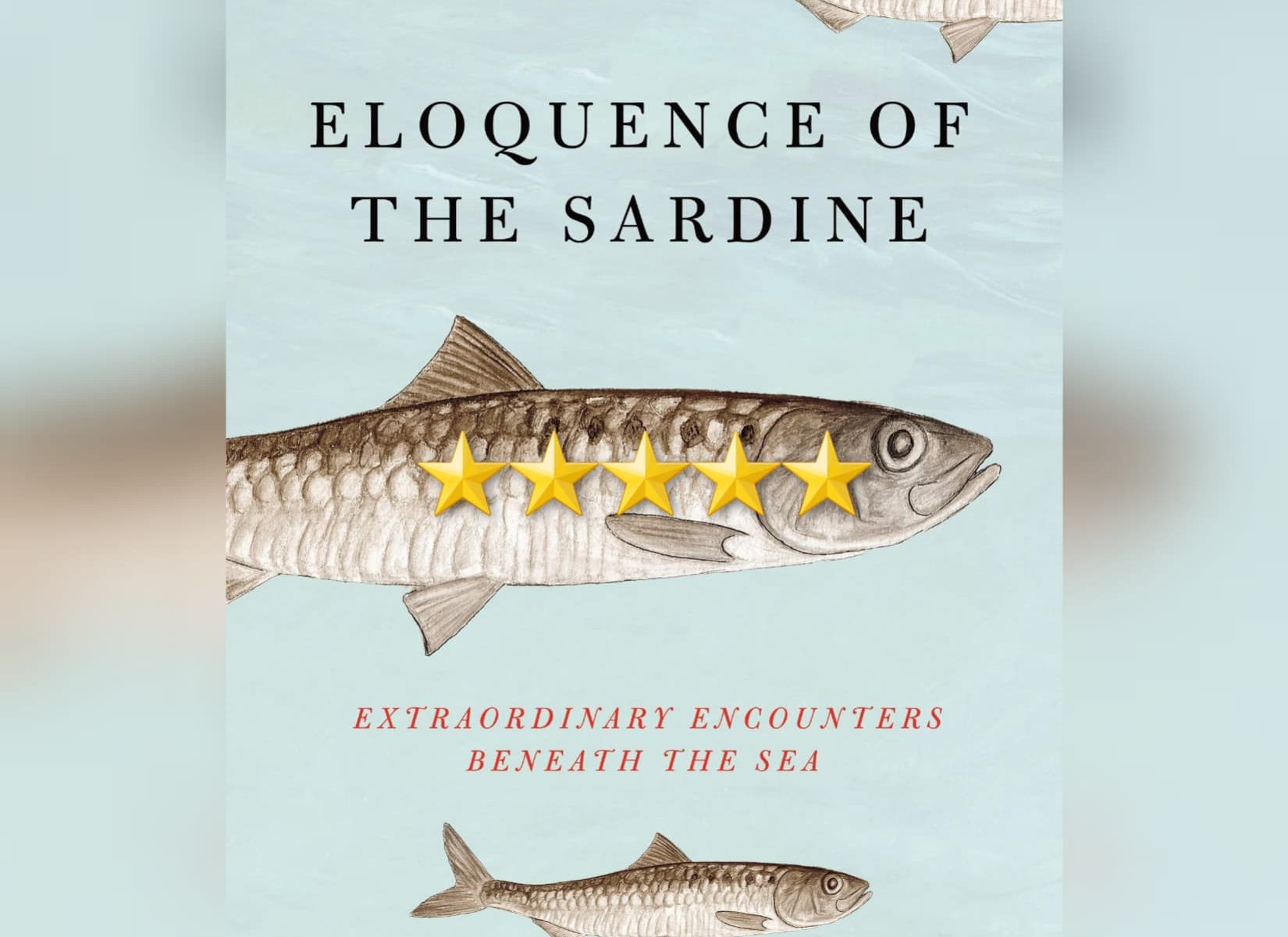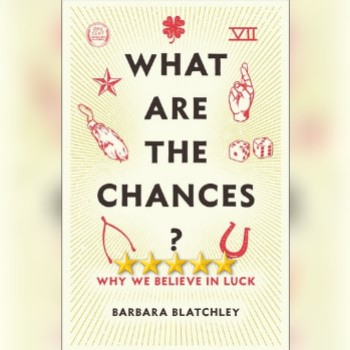Interesting Combination Of Case Study And Academic Disciplines. This was an interesting approach to the topic of sushi where rather than just look to how sushi is prepared at the time of the writing of this book (18 yrs ago as I write this review) or just the science and history of the various elements of sushi, Corson instead used the case study of a particular group of students learning how to make sushi at a particular school at a particular point to then springboard from there into the history and the science. He does both quite artfully, though the contemporary scenes he describes feel a touch dated nearly twenty years later, as Corson describes sushi in both Japan and America as on the cusp of either greatness or collapse here. While I can’t speak to how it plays today in Japan – I’ve barely crossed the Missisippi River in the US more than a handful of times, and I’ve never so much as seen the Pacific Ocean absent some picture or screen – in America, even in the Deep South I’ve called home nearly every day of my 40+ years on Earth, sushi has become quite common. Perhaps not prepared exactly the way Corson describes here and perhaps with a distinct lack of the traditions behind it that Corson so eloquently shows, but the food itself has exploded to be seemingly everywhere. Within just a mile or two of my home in Jacksonville, FL, I can name at least a half dozen different spots to get some form of it, from prepared overnight grocery store level sushi to actual sushi bars to even an all-you-can-eat sushi/ Asian fusion food place. And yet, the book, given its time and place, truly tells its story as it is known within that time and place quite well. While I can’t know how documented this was due to having listened to its Audible form, and *perhaps* a text based reading of the same material would have led to a star deduction for lack of bibliography… again, the way I consumed this tale I simply cannot know this, and the benefit of the doubt from not knowing goes to the book keeping the extra star. Overall a fascinating and informative book, one that compels the reader to keep reading and find out more both about the people being detailed and the food and culture they are working with. Very much recommended.
This review of The Story Of Sushi by Trevor Corson was originally written on May 16, 2023.

